ARTICLE AT A GLANCE
Your blood sugar numbers are great, right?
Most people that answer “Yes”, may base this on a fasting glucose test performed as part of a yearly checkup. Unfortunately, this test is far from comprehensive and doesn’t show you a full picture of how you’re managing glucose on a daily basis.
In reality, with proper testing administered nearly 50% of adult Americans over 35 would need to answer “no” to the question. Type 2 Diabetes and Obesity are at an all-time high, mainly due to poor eating habits and lack of exercise.
Why You Should Care
Blood sugar management may be the most important factor when we look to optimize our health. It’s foundational if any of the following benefits interest you:
• body fat loss
• increased muscle mass
• balanced hormones
• strengthened immune system
• less cardiovascular risks
• lower risk of all cancers
• Alzheimer’s prevention
• Type 2 Diabetes prevention & reversal
Let’s explore some of the more common factors that affect blood sugar along with some lesser known, sneaky contributors.
Nutrition
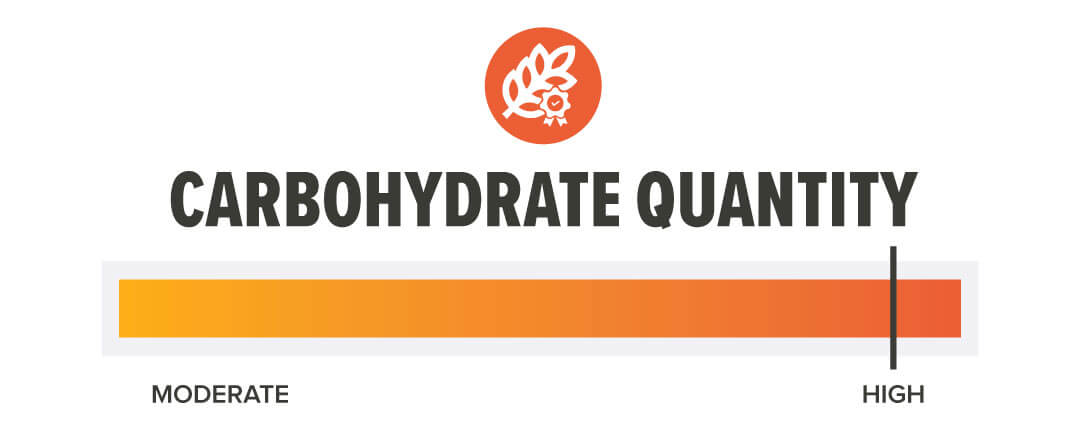
1. Carbohydrate Quantity (high): Carbohydrates raise blood sugar more than any other macronutrient. Many nutritional experts recommend staying under 100g per day unless you are very active.
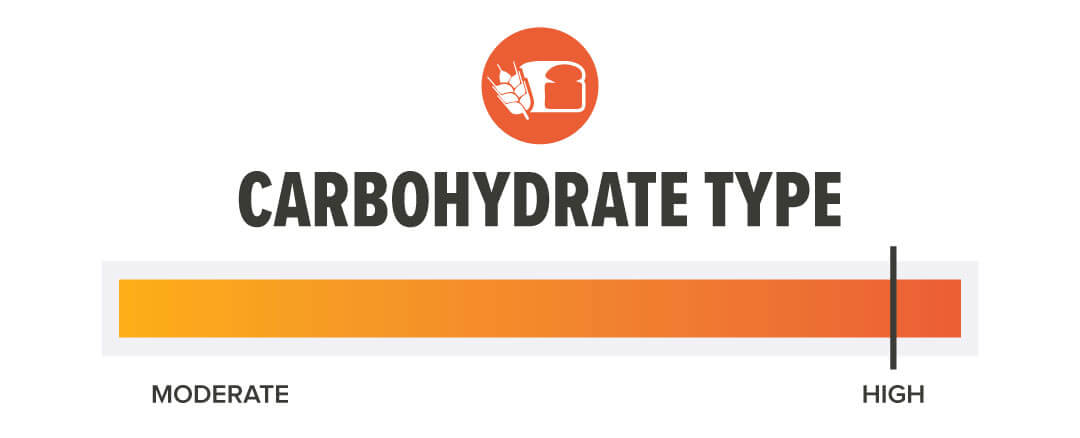
2. Carbohydrate Type (high): Carbohydrates with a high glycemic load are more likely to raise blood sugar to greater levels than fiber-rich alternatives.
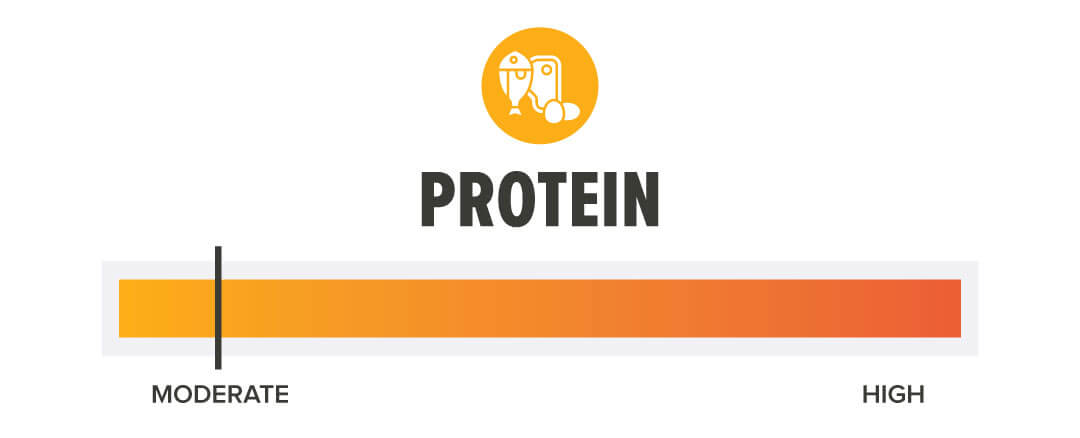
3. Protein (moderate): Proteins can actually have a stabilizing benefit to blood sugar with a few exceptions. Whey proteins for instance tend to be faster absorbing and may cause a rise in glucose. Food allergies may also cause a glucose spike due to the stress hormone cortisol.
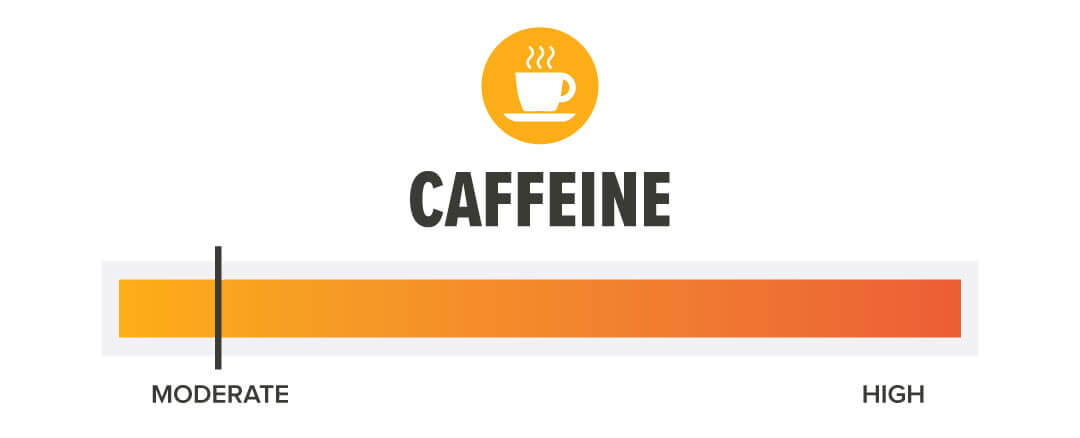
4. Caffeine (moderate): Diabetics will tell you that they need to be careful consuming too much coffee and other caffeinated foods. Non-diabetics may also benefit from caffeine moderation, especially if you find yourself “tired yet wired”.
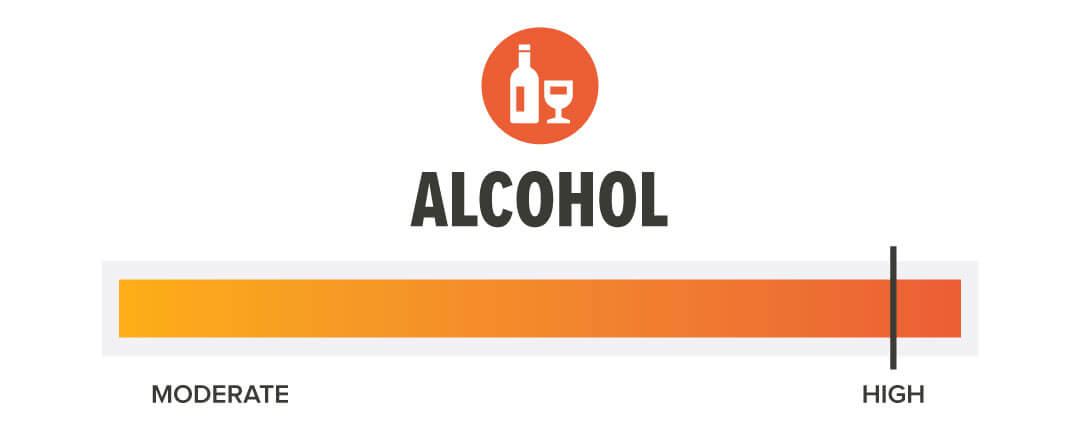
5. Alcohol (high): When more than 1-2 drinks are consumed, expect an insulin spike and subsequent blood glucose fluctuations. This is magnified if those are combined with high sugar mixers such as soda and juices.
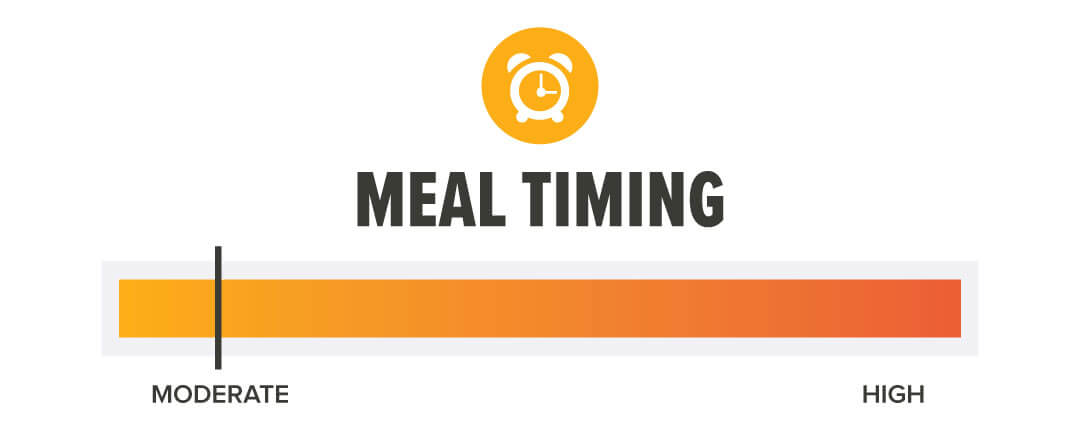
6. Meal Timing (moderate): The old adage “eat every 3 hours” may not be the best move for everyone when it comes to blood sugar control. Some people may benefit more from 3-4 meals per day consumed within an 8-12 hour feeding window.
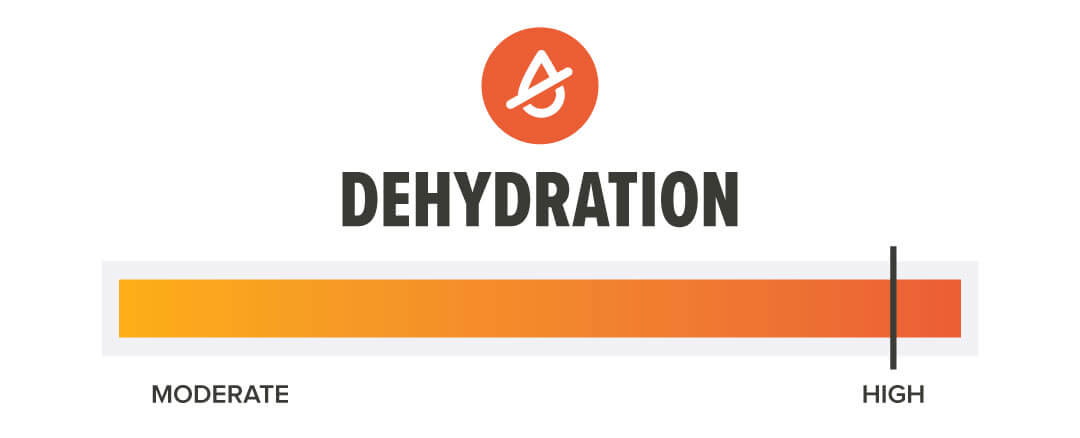
7. Dehydration (high): It’s estimated that more than 50 percent of Americans are chronically dehydrated. When your body is lacking fluids a hormone called vasopressin causes your kidneys to retain more fluid than normal. By keeping in those liquids, your kidneys are also storing excess unwanted glucose.
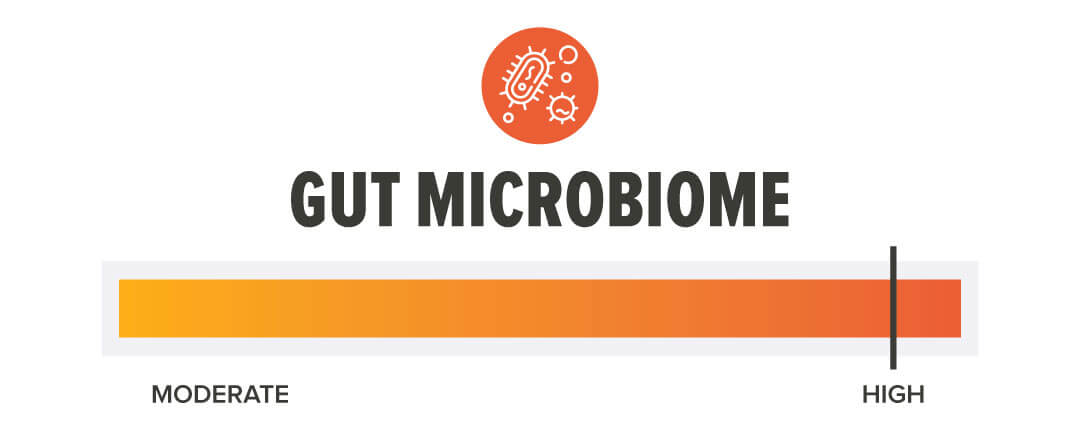
8. Gut Microbiome (high): Your gut is populated by both good and bad bacteria. An overgrowth of bad bacteria can be linked to poor diets, anti-inflammatories and heavy anti-biotic use. Too much harmful bacteria makes blood sugar control more difficult.
Biological
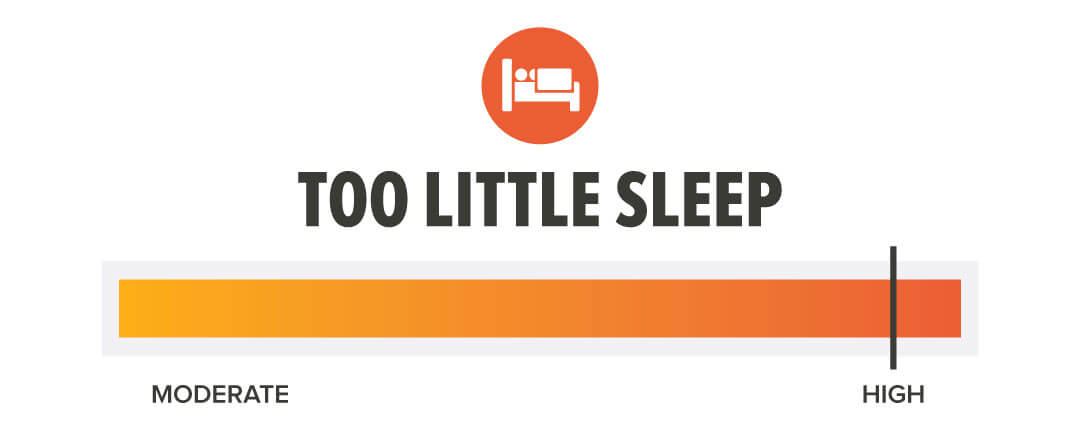
9. Too Little Sleep (high): A lack of total sleep or poor sleep quality can cause hormonal disruption leading to blood sugar irregularities. Even one bad night of sleep can cause insulin resistance that mimics what we see with unhealthy eating.
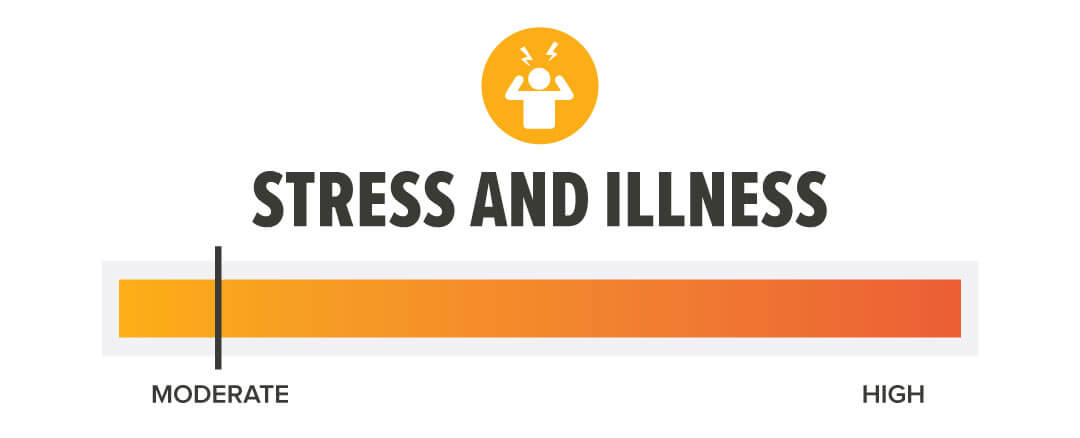
10. Stress and Illness (moderate): Both stress and infection cause the stress hormone cortisol to be elevated as a natural response. If this response becomes chronic, higher blood sugar becomes likely.
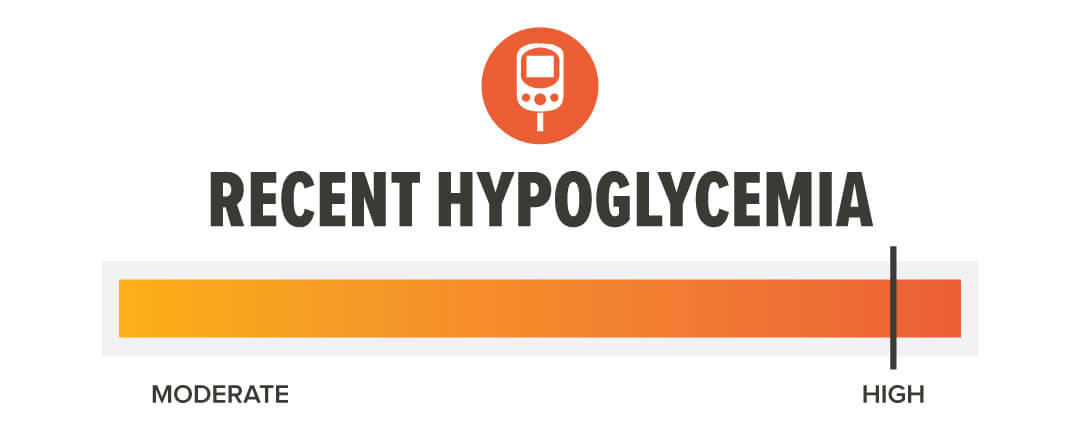
11. Recent Hypoglycemia (high): Hypoglycemia is when blood sugar drops to low levels and often happens within a few hours of eating an unhealthy meal. This may be from a “roller coaster effect” directly after experiencing high blood sugar. After a bout of hypoglycemia, many people find it more difficult to stabilize blood sugar over the next 24 hours.
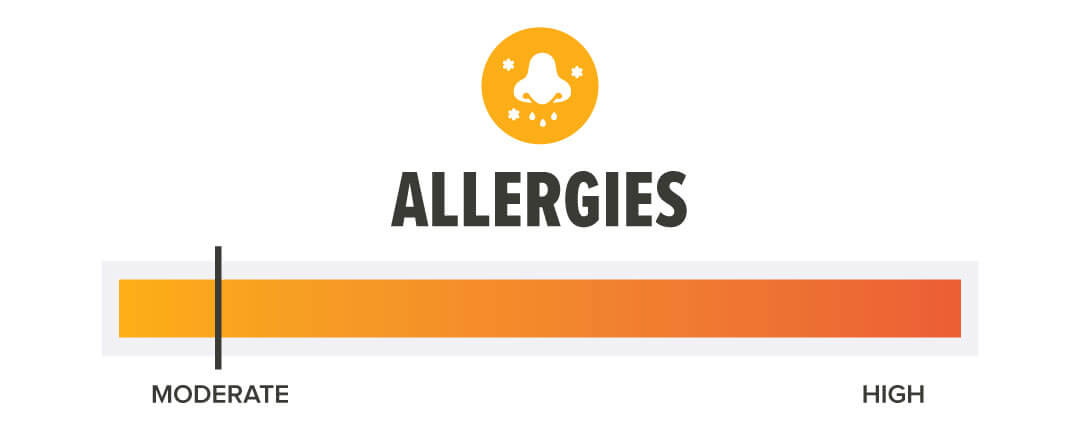
12. Allergies (moderate): Both food allergies and seasonal allergies can cause a systemic inflammatory response. Your adrenal glands will release cortisol in an attempt to reduce inflammation and over time this may raise blood sugar to higher than normal levels.
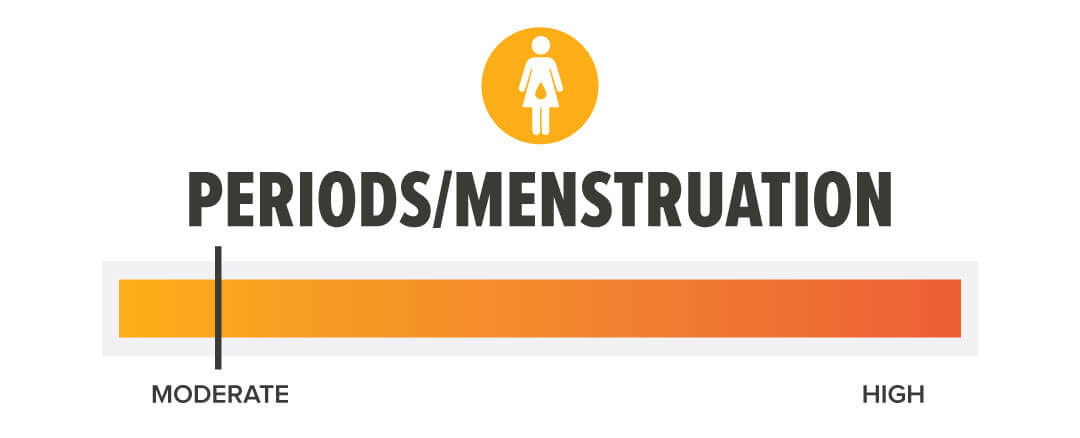
13. Periods/Menstruation (moderate): A raise in blood sugar a few days before the start of a woman’s period can be common. Hormones are often synergistic and at this point in the cycle, estrogen and progesterone tend to be at higher levels impacting glucose as well.
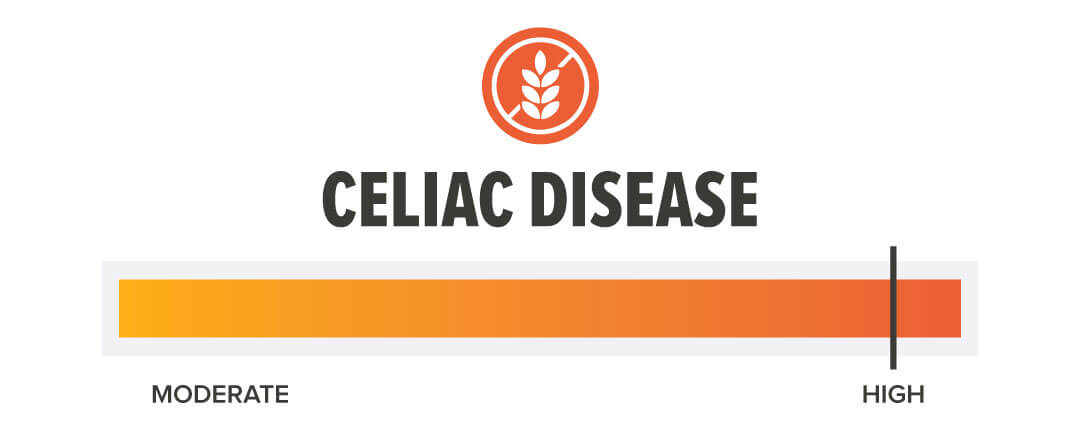
14. Celiac Disease (high): Untreated Celiac Disease damages the gut lining and can lead to frequent bouts of low blood sugar due to malabsorption of nutrients. A gluten free diet can help significantly in this case-as long as high sugar/processed GF foods are avoided.
Activity
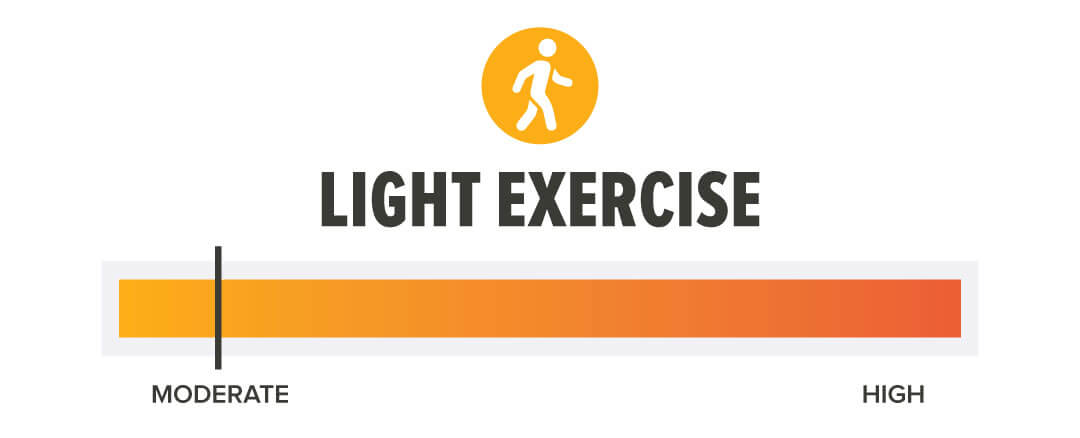
15. Light Exercise (moderate): Walking or low intensity cardiovascular exercise (less than 60% max heart rate) can help stabilize blood sugar and burn through a little extra glucose during the workout.
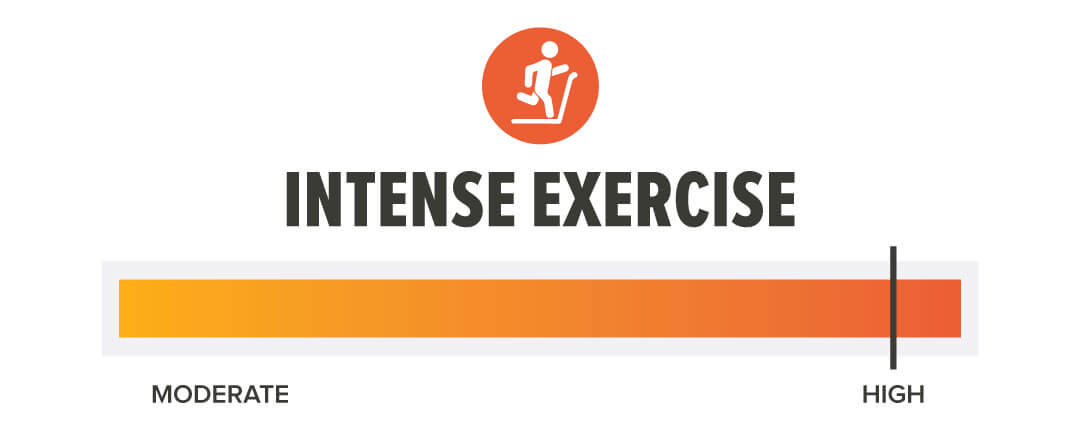
16. Intense Exercise (high): Methods of exercise that produce large amounts of lactic acid or a high heart rate will burn though glucose both during and after exercise. In fact, your metabolic rate can be elevated for up to 48 hours post-workout, if the intensity and duration was high enough.
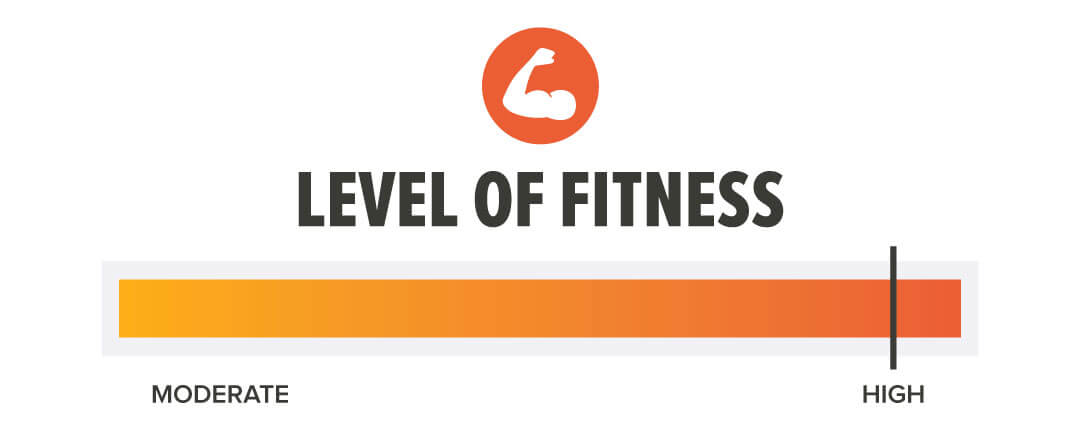
17. Level of Fitness (high): Studies show that leaner individuals with more muscle mass tend to have better insulin sensitivity than someone who is overweight. This allows them to have better blood sugar numbers even if they consume a high carbohydrate meal.
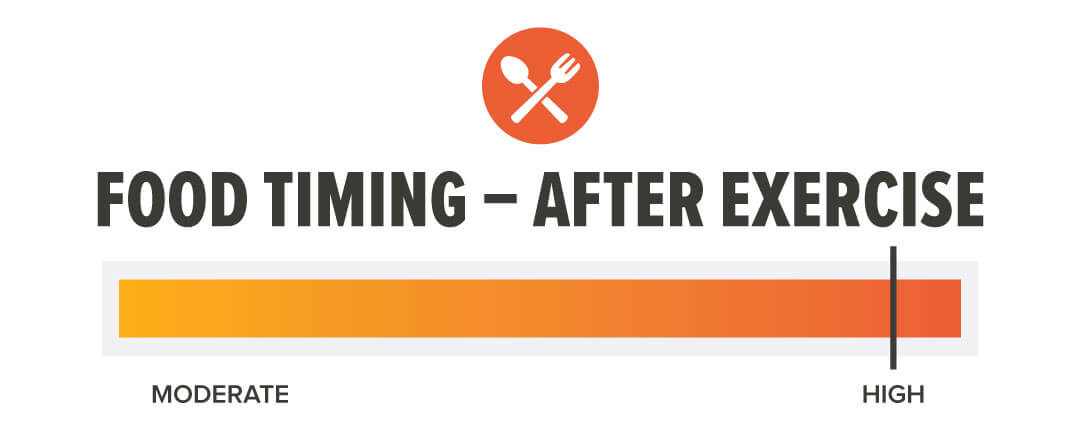
18. Food Timing – after exercise (high): Insulin Sensitivity is substantially greater after exercise. This is amplified even more when the exercise is intense. Timing more of your daily carbohydrates within 1-4 hours post-workout may improve blood sugar stabilization. Eating less carbohydrates and potentially less total calories on non-exercise days can also be a good strategy.
Medication
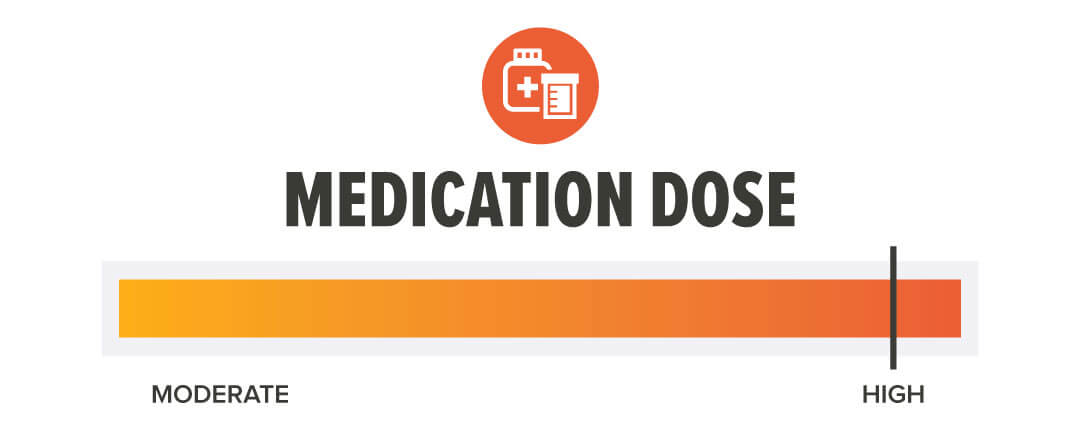
19. Medication Dose (high): People who are on specific medications long term may have to increase the dosage over time as the body adapts. If this medication effects blood sugar, higher doses may become problematic.
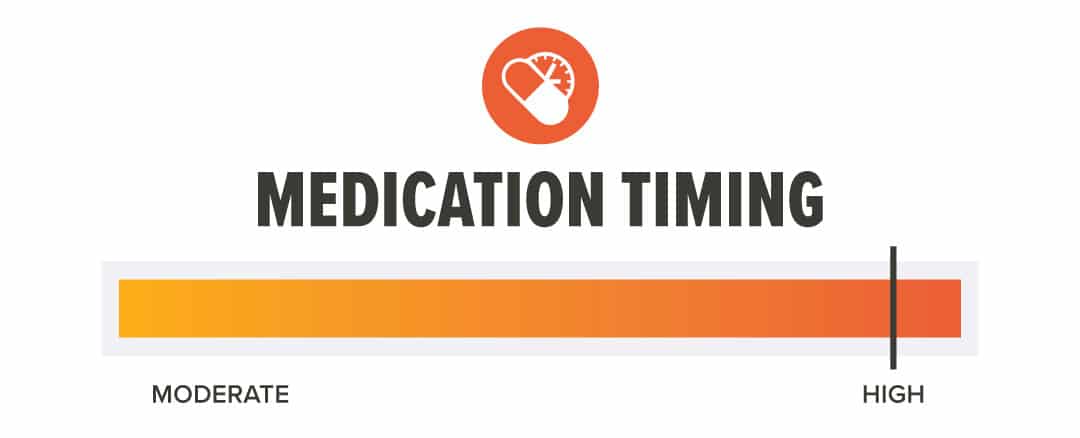
20. Medication Timing (high): Taking a medication with or without food can have drastically different outcomes when it comes to blood sugar stabilization. Morning vs. Evening, menstrual cycle and combining medications can also cause irregularities.
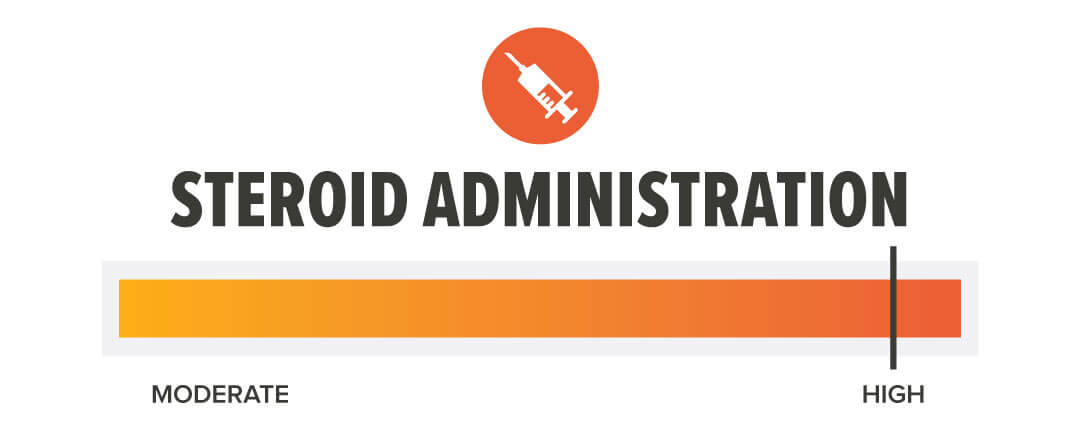
21. Steroid Administration (high): Cortical steroids prescribed for conditions such as asthma, arthritis and autoimmune diseases are known to raise blood sugar. Be mindful of the dose and duration. Staying hydrated and eating a healthy diet can help control elevated glucose.
Jason Barbour is the CEO of Metabolic Meals and a builder of e-business brands that help people live healthier lives. For over a decade, Jason worked closely with top athletes and executives to improve their performance through nutrition, fitness and lifestyle modifications. He now focuses on using technology to give people a more personalized path to achieving their wellness goals.






